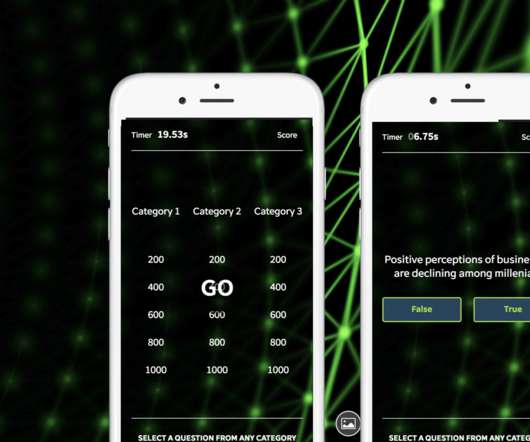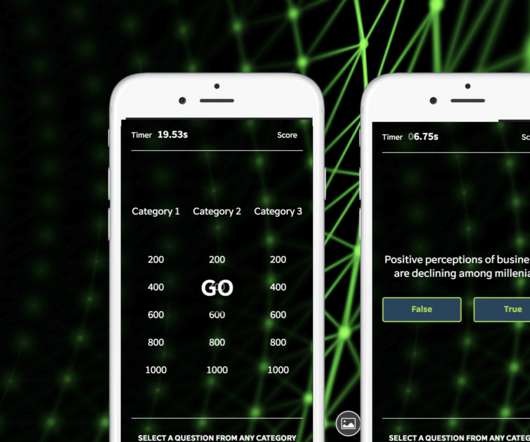#DevLearn 2012: Kapp Presentation Resources
Kapp Notes
OCTOBER 31, 2012
In a meta-analysis of more than 60 studies with 6,476 participants, it was found that trainees receiving instruction via a simulation game had 20% higher confidence they had learned the information taught in training and could perform the training-related tasks (self-efficacy) than trainees in a comparison group of more traditional methods.


































Let's personalize your content